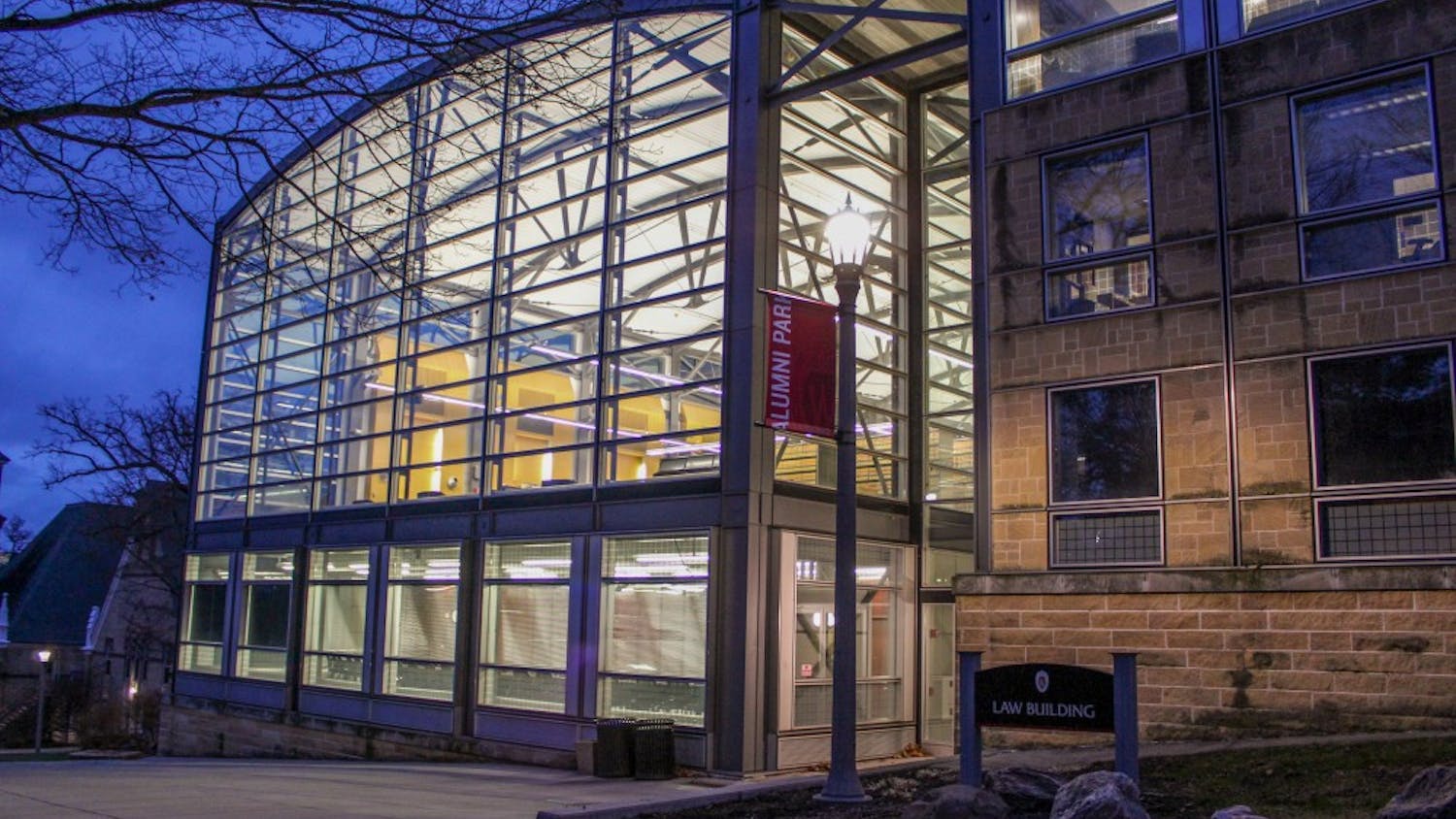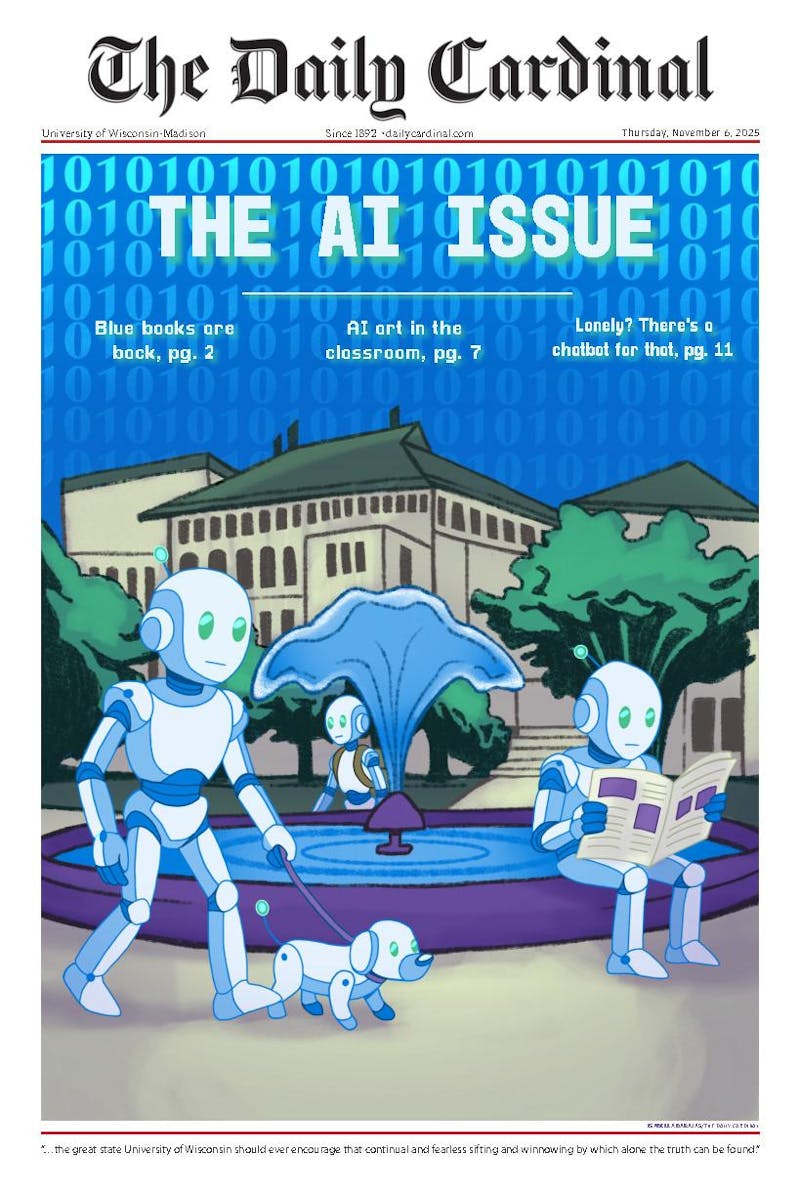UW-Madison Dean of Students Luoluo Hong will officially conclude her employment at UW-Madison to pursue a career opportunity at Arizona State University in Glendale. Hong had been working as dean of students since Nov. 1, 2002 and oversaw much of the reorganization of the Office of Student Affairs after Vice Chancellor Paul Barrows took an extended leave of absence last school year. In her resignation she cited Wisconsin's \lack of commitment"" to education as a contributing factor.
The Daily Cardinal: The ASU West Campus, where you will be working, has 7,500 students. Was UW- Madison too big, seeing that you came from a small school in West Virginia before venturing to Madison?
Luoluo Hong: Size had very little to do with it. My first school was
LSU [Louisiana State University-one of the largest institutions in the
country]. There were many other factors. I mean, I was at LSU for eight
years.
DC: What was the most rewarding event or feeling you experience during
your three years at UW?
LH: The most rewarding experience I had was being able to take an
office that had had lots of transitions by the time I came. ... Credibility and visibility was lost. The identity of the office had become muddled and I helped create a sense of visibility, credibility and reconnection with the students.
DC: And frustrations...?
LH: [My husband and I] both found out that we prefer the warm
weather. We were not prepared for the climate. We were hoping for a
community that was a lot more diverse. The reputation was not the same
as the legacy here. The greater Phoenix area with a diverse state was
very appealing.
DC: You mean that people who do not reside in Madison think the UW is
really diverse when in reality it is not?
LH: I think from afar, the reputation of Madison and the institution is
that it's extremely diverse and it's not. ... For me, it's been the difference between the legacy and reputation of the school.
DC: How have the budget cuts affected your decision to leave?
LH: Historically, the state has been a top system supporter. It's certainly
disheartening because the three years I have been here it's not been
that way. There has been no discussion by [the Legislature]
saying, 'How can we help?,' but more, 'What we have to cut.' They
should be asking, 'How can be better serve and meet the needs of
students.' ... I respect the job the Legislature has done. They've been
doing their job, but it's tough budget times. The problem is it's the
short-term decisions that hurt in the long-term. If you cut higher
education now, we will pay later. We need to renew human resources and
they way to do that is through education.
DC: How do you think the public perceives our university?
LH: There is no clear consensus in the public. There is less of a
mandate on the Legislature. It's important that with higher education-
and education in general-that people come together. It's important.
It's an investment in our future. If that would be heard by the
Legislature. ... For some [education]'s a personal advantage, for others education is a public good. An educated population equals a productive population. ... My brain is in public health and I know they [an educated population] are a more resilient,
healthier and financial-contributing populace.
DC: How much did your frustration with Domestic Health Partner benefits
affect your decision to leave?
LH: UW has had a strong record as a champion of diversity. Wisconsin was the first
state with LGBT [lesbian, gay, bisexual and trans gendered]. We have
gone from the cutting edge front leader to the last institutions in
the Big Ten. ... I go to conferences and people will ask, 'Hey, what's up with Madison?
Aren't you supposed to be progressive?' It's embarrassing. You can't
put a price on the human dignity of all people.
- Interview conducted by Laura-Claire Corson





